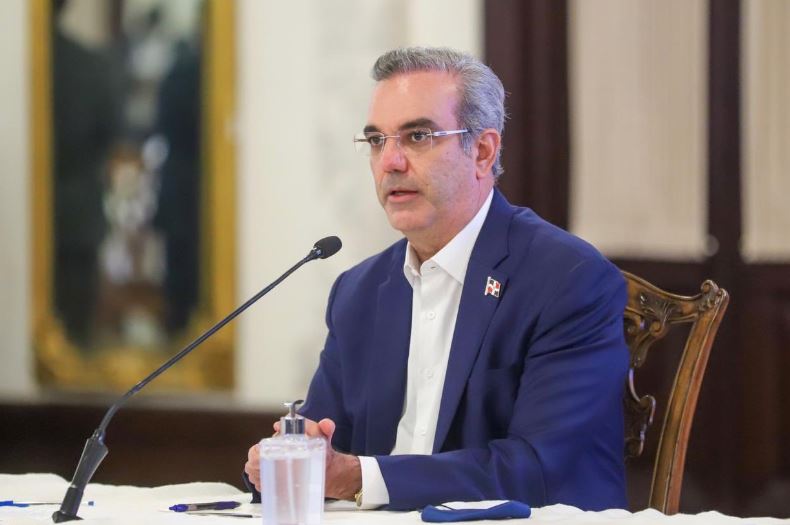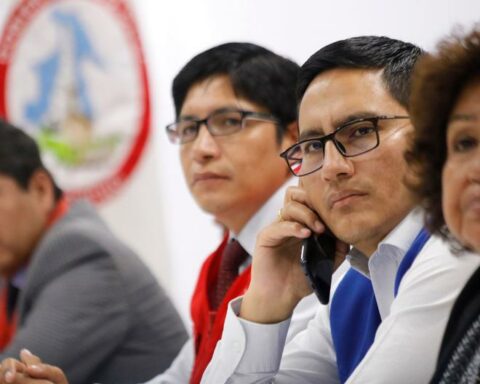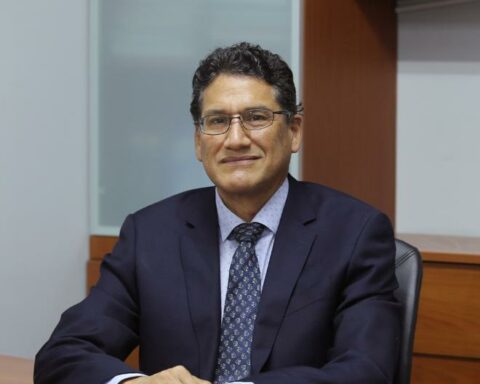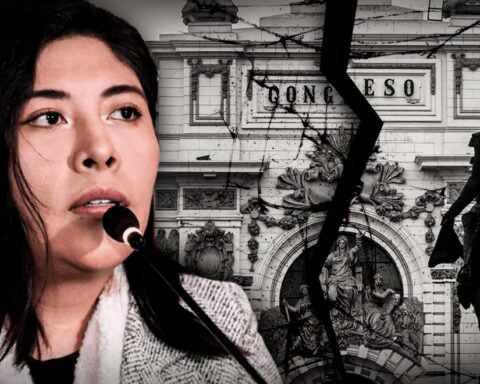According to the Edelman Trust Barometer, the role of CEO has become the most reliable of all posts leadership, even surpassing political, religious, community or media leaders. In other words, CEOs have a huge responsibility.
In this sense, the consulting firm McKinsey & Company identified 200 CEOs (CEOs) of great global success and conducted in-depth interviews with 67 of them. They estimated that identified CEOs create around $5 trillion in additional economic value, according to the book published by the consulting firm, CEO Excellence.
The firm assures that there is no recipe for success, but there are points in common between these leaders. These are the six mindsets that characterize CEOs:
- They are bold: Successful CEOs actively seek out meaningful opportunities. They raise the aspirations of the company and look for the intersections where the business and the market meet. They are futurists and therefore can define the correct vision. While they will cut their losses if a move fails, they stick to the strategy. The vision comes first; financial performance flows from that.
- They treat soft things like hard things: The “soft stuff” ie issues related to people and culture can be the hardest to get right. According to the book Beyond Performance 2.0: A Proven Approach to Leading Large-Scale Change, companies that do the soft stuff are more than twice as likely (30 to 79 percent) to execute a strategy successfully.
- They solve team psychology: The best CEOs start with functions, not people, asking themselves what the most important tasks are and then looking for people who can do them. Thus, they create high-performance leadership teams.
LOOK: Three keys for CEOs to make the best decisions on a day-to-day basis
- They help the board of directors to help the business: As in any relationship, the basis is trust. Being open, honest and timely about plans and issues with the board of directors is key. It is important to give them an opportunity to support in difficult situations. The CEOs interviewed establish a strong relationship with the board’s senior director and consult with other board members once or twice a year. Finally, presenting the board to the company and connecting it with managers is key.
- They start by asking “why?”: Purpose is powerful enough to inspire people, yet simple enough to be easily understood and make good business sense. The best CEOs wonder why their company exists. Next, they make purpose an intrinsic part of the business model. They know that pitting strategy against purpose can open up new areas of growth.
- They do what only they can do: Great managers make it a priority to manage themselves to make sure they don’t fall apart. McKinsey & Company has found some common ground among CEOs. The most important is self-discipline, particularly in the use of time.
At the same time, the CEOs we interviewed also build flexibility into their schedule, to respond to the unexpected or simply to think. Many combine high-intensity work with recovery periods.
In its research, McKinsey & Company found that all CEOs have the same responsibilities, such as working with the board of directors, engaging stakeholders, setting direction, and creating a positive culture. The key is how they approach the tasks described.
RECOMMENDED VIDEO
:quality(75)/cdn.jwplayer.com/v2/media/XBXpOHQV/poster.jpg)








